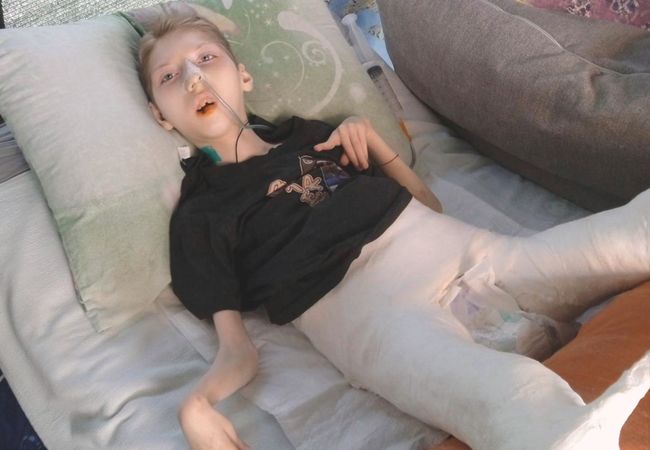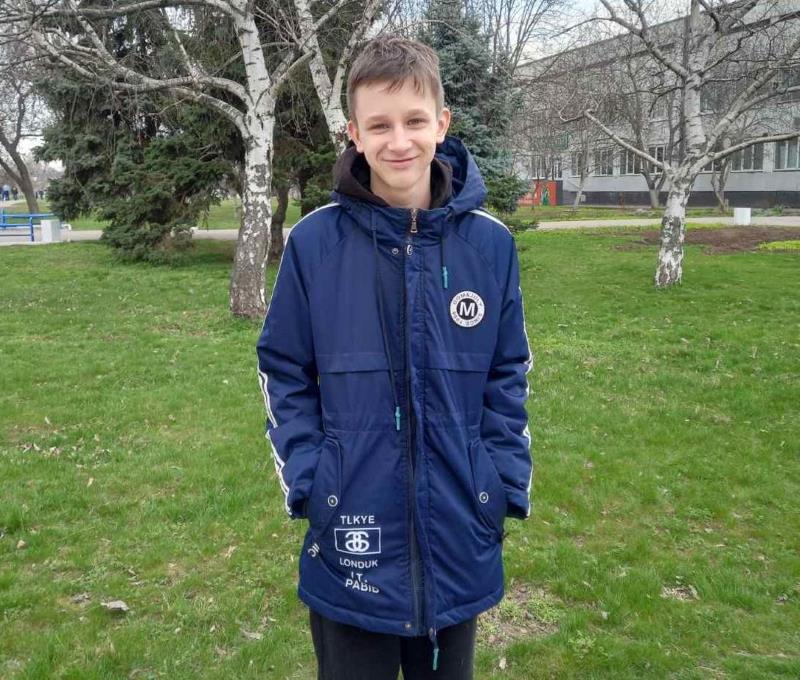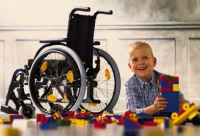
Recently, a heated discussion broke out in the Facebook group "Chat for foster parents" about the opinions of some experts who called family-type orphanages (FTCH) an inefficient and outdated form of family placement for children.
As an adoptive parent and caregiver of the FTCH since 2005, I would like to share my opinion and some facts about the current state of family forms of orphanage.
Let's start with the fact that, of course, boarding schools are not a normal place for children to live. Even the best of them have properties due to which most of the civilized countries of the world abandoned them and preferred family forms - adoption and foster families.
Since 2005, legislative acts have been adopted in Ukraine that have made it possible to create thousands of new foster families and FTCH. Many boarding schools have become empty or filled with children without orphan status (mainly children from families in difficult life circumstances). Everything would be fine, but due to the underdevelopment of the system of psychological, social, rehabilitation support for new families, negative aspects began to appear more and more.
Many adoptive parents, especially in rural areas (where the majority of FTCH are located), have been left with little or no social support. In the district centers there were not enough qualified psychologists and social workers who could help in difficult situations. Schools were in most cases not ready to work with difficult children. There were no opportunities for rehabilitation for children with disabilities, and inclusion only worked on paper.
The strength of many parents was barely enough to put in order or complete the house for a large family, to save up for a car that could accommodate at least part of the family. Purely physically and emotionally, it was difficult to cope with the round-the-clock workload, without vacation and weekends, that parents experienced. At the same time, the services continued to make conflicting demands - for example, that one of the parents should work, since in a family of 2 biological children they should not live on allowances for foster children. And if the parent, most often the father, began to work, then the mother did not see the white light and her whole life was reduced only to caring for children. All this led to emotional burnout, conflicts, a complete loss of their previous professional skills. And many FTCHfell into a vicious circle - after the children grew up and their independent lives began, many continued to pick up new children - since this activity became the only job.
I do not rule out cases when the situation developed differently, and in the FTCH with 10 children, the parents created a completely family atmosphere with their heroic work and overcame all difficulties. But, in my opinion, there are few such cases. Most often, despite the efforts of the parents, the FTCH still acquired many features of an institution or a mini boarding school. And sometimes he became a family that got into a difficult life situation. If only simply because a family with 10 children, in which, after the "release" of some children, new children immediately appear, it is completely different from the average Ukrainian family with 1-3 children.
Biological children in an ordinary family grow up, parents have more time and money to help their grown children, and then their grandchildren. More time for your own development and the implementation of plans that could not be realized in youth. Many adoptive parents are different. In place of grown children come new adopted children. And so on until retirement. When to babysit grandchildren if your adopted child is younger than your grandson?
Well, now about the war, and how it is experienced by FTCH. At least 2 months before the start of the war, there was information about a possible outbreak of aggression, but practically none of the social services discussed evacuation options with their parents. Virtually none of the big FTCH had a car capable of accommodating the whole family, let alone things. Many had only cars.
As a result, FTCH from the attacked regions escaped as best they could. The most active went into the unknown, 12 or more people in an 8-seater car, with all things and animals. We spent the night in this car on a frosty pass or in the center of some European city... We pumped out exhausted children in foreign hospitals... And only a month later the social worker of the community could ask them: "How are you doing? Where are you? How are our "state orphans" doing? To which the parents replied, "Everything is fine, thank you for your help!" And they thought to themselves: "We'll manage somehow without you."
Other FTCH froze in anticipation of help from social services, as a result, they waited for the occupation. The understanding of the horror of the situation came to someone later, these families, under shelling, escaped from the occupation through the "road of life" in Vasilyevka.
And there is a third part - about 300 foster family and FTCH, that is, more than 1,000 orphans who remained in the occupation. And communication with many has already been lost.
The fate of the FTCH evacuated abroad developed in different ways. Some, for some reason, have stopped receiving Ukrainian payments, and cannot restore them for months. Someone, in countries like Italy, tried to take away children, because according to Italian law, Ukrainian adoptive parents are not full-fledged guardians. In addition, Italy practically does not provide assistance to such families at the state level. In Germany, most FTCH families received significant financial support for living and paying for rented housing, probably this is one of the most comfortable countries in Europe for living FTCH.
But in the case when families evacuated abroad need to get help in issuing passports for children, or restoring some important documents, there is practically no help from our social services. The salvation of the drowning is the work of the drowning themselves.
In general, I always had a strange feeling from communicating with our social services. They always try to explain to you how much work they have. How many more important things they have to do. "You have, after all, only a FTCH with 10 children. Now we will visit more and more important families, other FTCH in the area ... and then immediately to you!" You wait six months, a year - and no one comes! Then they come and ask to sign a report - how they accompanied us, helped us, visited every quarter ...
You ask the services to help with issuing a normal document about the creation of our FTCH, that we exist in such and such a composition - you wait a month, two, six months ... The services are busy, they have more important things ...
Results
In recent years, we have seen the degradation of children's services and social service centers. After the transfer of the powers of the children's service to rural communities, things became even worse, new unqualified employees came there. Large FTCH are more or less normally accompanied only in cities, and not always. In rural areas, there is practically no escort, and without it, it is difficult to ensure the interests of children in such families.
In this regard, the following directions for the reform of boarding schools and the development of the family system seem promising to me:
1. More efforts are made to create ordinary, small foster families and adoption (from 1 to a maximum of 4 children). For this, it is not necessary to buy big houses, cars, etc. Such families will not be very different from ordinary families, parents can continue to work in their specialty, and after the adoption children grow up, they do not focus on the new addition. Parents can give more individual attention to children. Biological children experience less stress than in a large family.
2. Limit the number of children in newly created FTCH (no more than 7 children, including biological ones), even if a large family group of brothers and sisters is accepted into the family.
3. As an alternative to boarding schools, to significantly increase the number of small group homes (SGH) in which up to 10 orphans can live (up to 8 if children with disabilities) . SGH are not families, but small institutions. They are easier to control, they have more staff per child. For SGH, if there are funds and political will, it is possible to train good specialists in psychology, rehabilitation, etc. It is possible to employ the best employees of reformed interns who have undergone retraining.
4. If we do not improve the support system of the foster family and FTCH, as well as services for children, then any family planning projects will not be effective. It is not necessary to put a psychologist in every community "to tick off" and write reports! We need one qualified psychologist per district, with normal market wages - who will work normally. The same applies to other social workers.
5. The volume of financing of the foster family and FTCH is important! And now this financing according to real purchasing power has again decreased by 40%! I am sure that most parents accept children for the sake of their hearts, and not for the sake of money. But we will not be able to attract adequate, educated, successful in their profession adoptive parents, if they are not confident that they will be able to provide their adopted child with everything necessary for development. Funds are needed to pay for the child's rehabilitation, speech therapists, psychologists, tutors, treatment, etc. Why is the percentage of rural residents much higher than urban residents among adoptive parents? While most of the population lives in cities. I think that there is also a problem of inadequate financing and insufficient housing.
I pay tribute to the titanic work of the parents of FTCH, which made it possible to deal a serious blow to the boarding school system and pull tens of thousands of children out of it. But, I think we need to improve, work on mistakes and move on.



